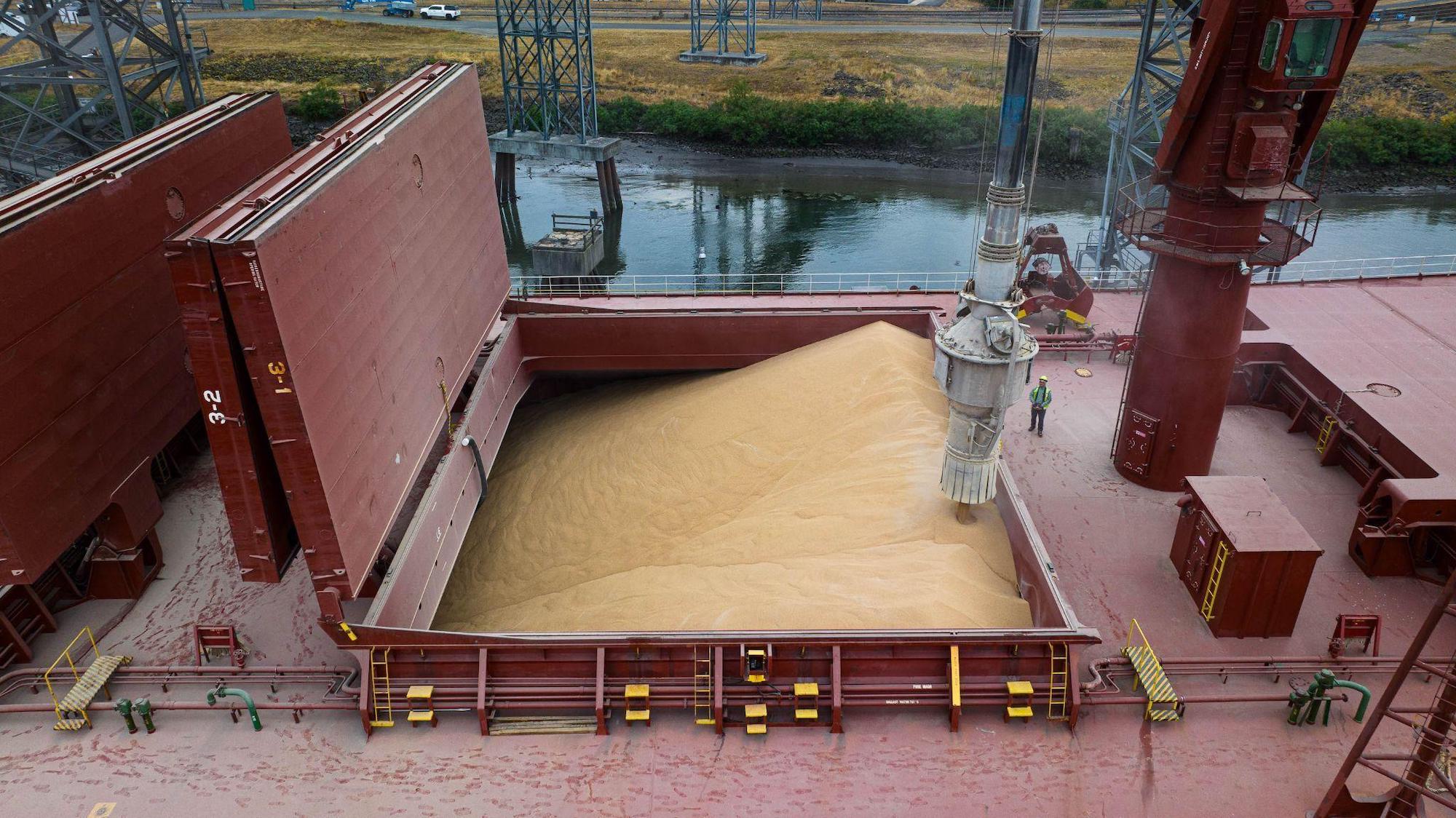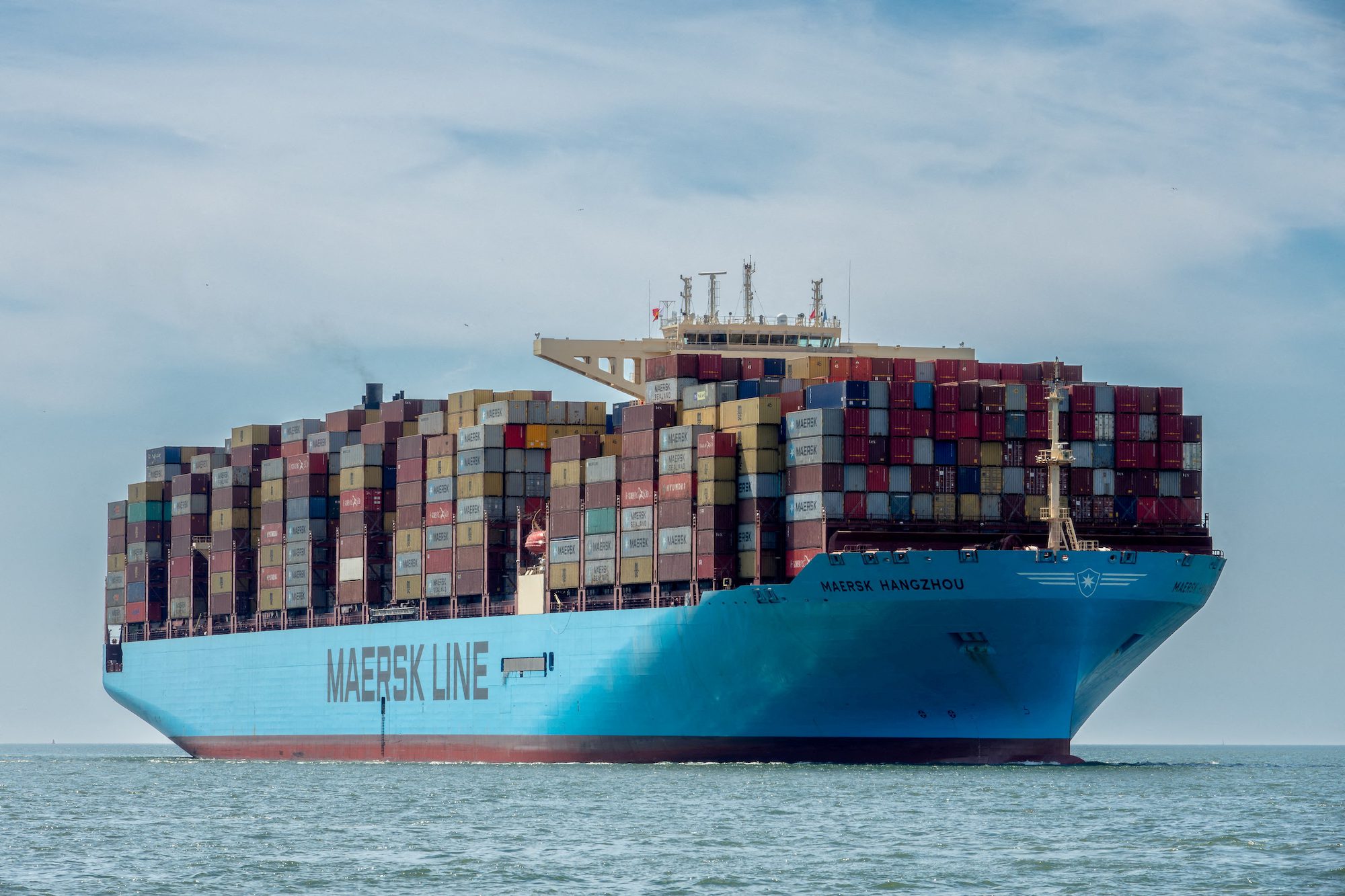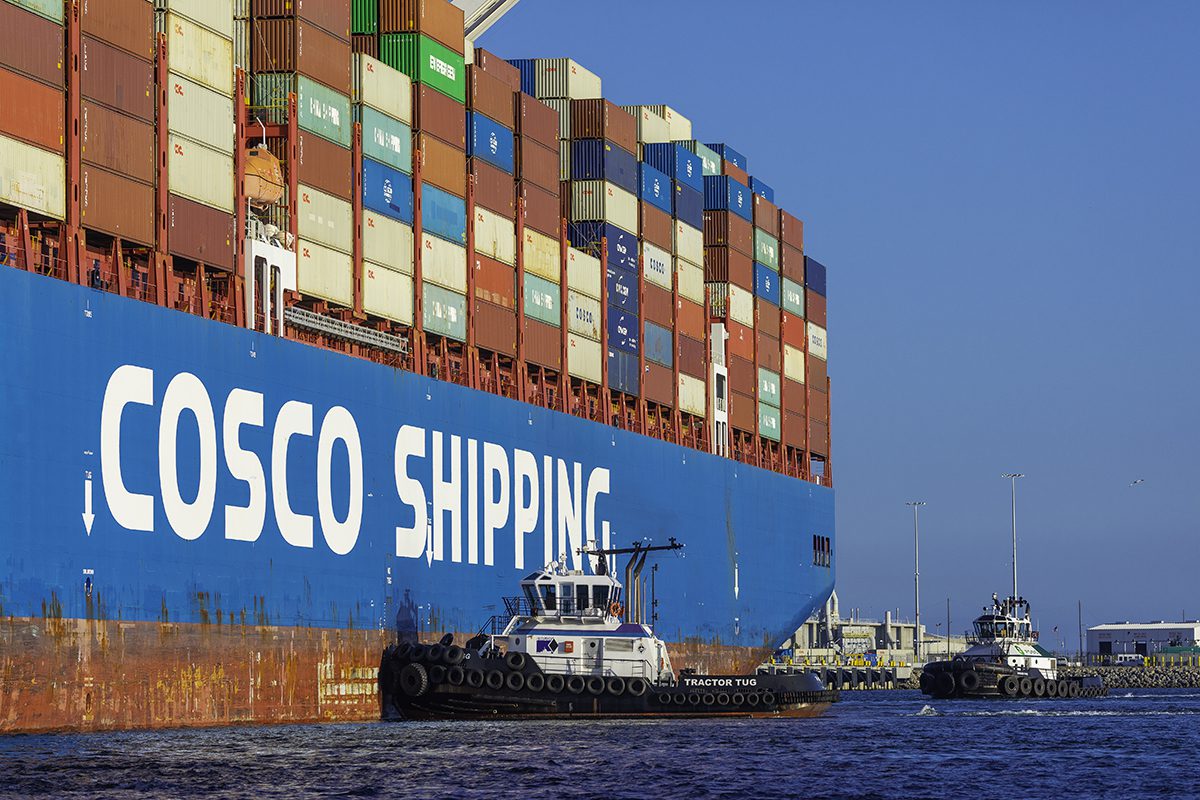BERLIN, Aug 22 (Reuters) – Germany is set to make rail transport for power plants and refineries a priority this week to ensure supply, even as railway union and rail association officials warn the network is already too congested.
Demand for rail transport has increased from industry, passengers and the government as the country considers how it will move forward in light of the war in Ukraine and its need to reduce or halt its reliance on Russian energy.
A cheaper monthly ticket, implemented to help people save energy amid lower Russian gas exports, helped state-owned railway operator Deutsche Bahn report a 60% jump in passengers in the first half of 2022, while low water levels in the Rhine river and bottlenecks in the shipping industry have also made rail a more attractive mode of transport.
The German government’s planned measure would make rail transport for power plants or refineries second in priority only to military transport, ensuring coal-fired power plants can still be supplied with coal from reserves.
Many companies have expressed concern about the measure, saying it would create a fight for remaining network capacity.
“Prioritization will affect everyone. There will be a tussle over which customers are most important,” said Peter Westenberger, managing director of the NEE association of private rail companies. “There will be collateral damage.”
According to Joerg Hensel, works council chairman at Deutsche Bahn unit DB Cargo, the poor state of the rail network means around 100 trains now stand idle at stations daily, a number that he said could grow to 200 to 300 in the autumn.
Deutsche Bahn chief executive Richard Lutz had said in May that the 33,000-kilometer network is in need of a major overhaul, and Transport Minister Volker Wissing has also acknowledged the state of the network and promised improvements.
However, large-scale refurbishment cannot begin until 2024; Deutsche Bahn must first replace concrete railway sleepers en masse after a train derailed in southern Germany in June.
(Reporting by Markus WacketWriting by Miranda MurrayEditing by Bernadette Baum)
(c) Copyright Thomson Reuters 2022.

 Join The Club
Join The Club











